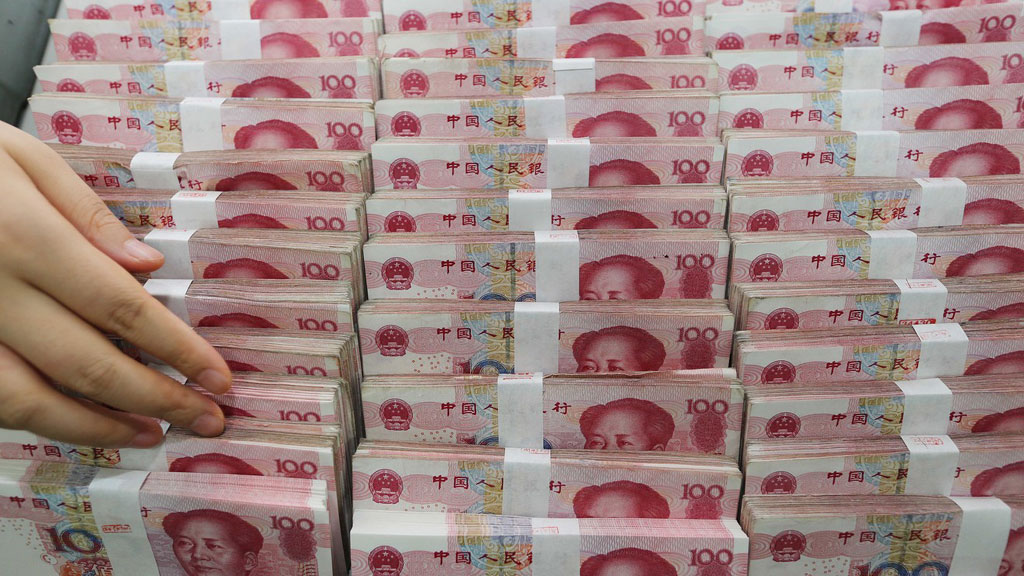China says considering tighter controls on yuan currency
 SHANGHAI: China said Friday it is considering a change to its mechanism for managing its currency to buffer it against market forces, in an apparent step back from liberalisation pledges.
SHANGHAI: China said Friday it is considering a change to its mechanism for managing its currency to buffer it against market forces, in an apparent step back from liberalisation pledges.
The potential new system would introduce a "counter-cyclical factor" to China's current system of allowing the yuan to trade within a government-set band, according to a statement on the website of the Foreign Exchange Trade System, an agency under the People's Bank of China.
The statement did not explain how the mechanism would work but said it would take into account the country's economic "fundamentals" as a counter to market forces.
"The goal is to properly hedge" against fluctuations based on market sentiment and "to ease the potential herd effect," it said, adding that the current system was vulnerable to "irrational expectations".
China only allows the yuan to rise or fall two percent on either side of rate fixed daily.
The band has been in place for more than a decade, gradually widened over the years, and authorities have taken steps to make it more market-based, earning plaudits for China and helping the yuan gain greater world recognition.
Last October, it joined the dollar, pound, yen and euro in the IMF's "special drawing rights" reserve currency basket.
But since last year, the yuan has plummeted to its lowest levels against the dollar in several years as the greenback spiked and Chinese investors and businesses moved huge sums of money offshore.
The move "sounds like an increased role for the fixing to be nudged away from where markets would set it," Sean Callow, a senior currency strategist at Westpac Banking Corp. in Sydney, told Bloomberg News.
"The authorities' actions give the impression that they are more worried about yuan stability than declared in their public statements."
China has pledged to allow market forces to play a bigger role in its capital markets.
But besides a slowing economy, authorities are currently grappling with mounting debt that this week earned China its first credit rating downgrade in nearly three decades, from Moody's.
Having greater control over the currency could help authorities maintain yuan stability during the debt-reduction campaign.






















Comments
Comments are closed.